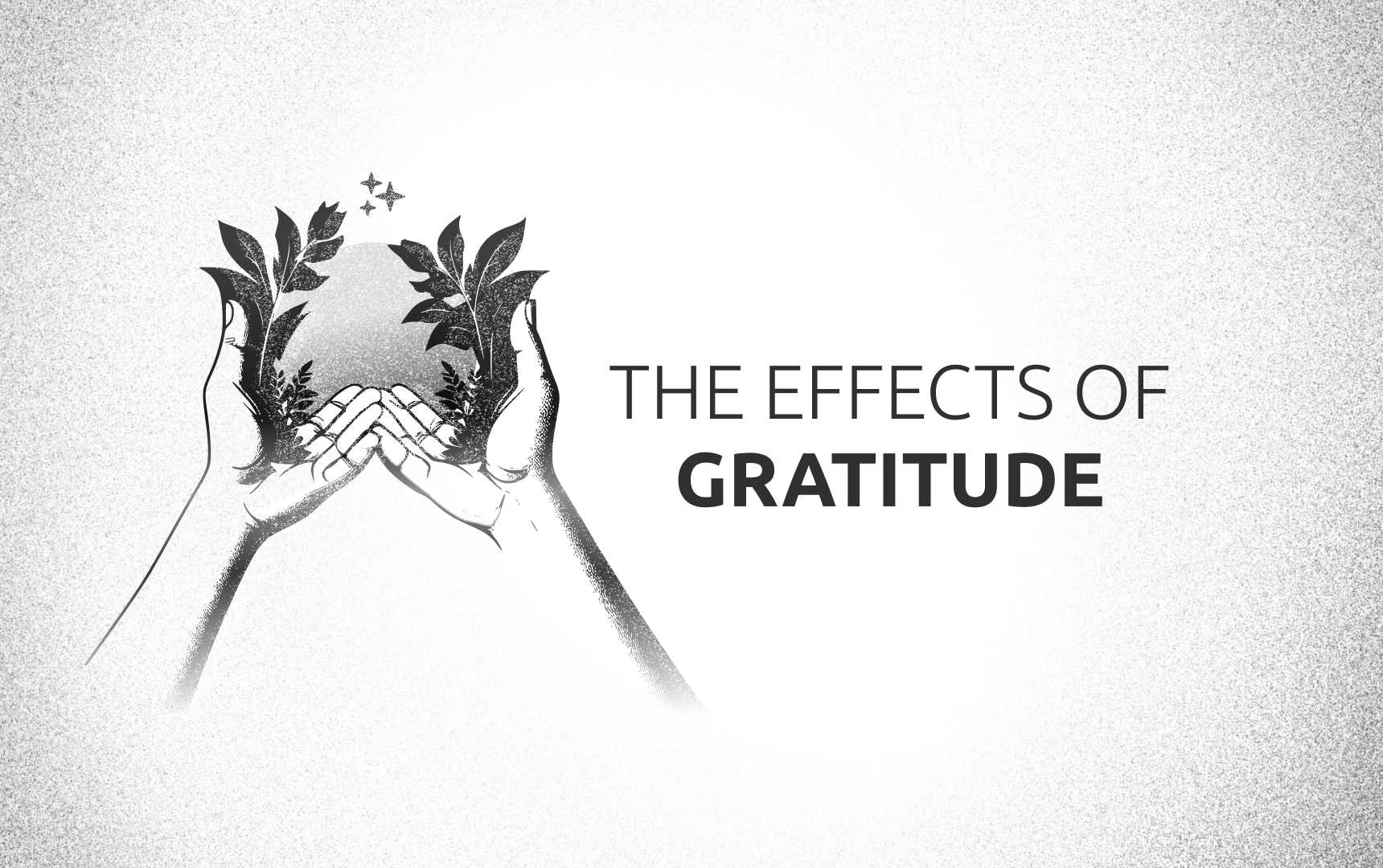The Effects Of Gratitude On Life Satisfaction

Gratitude and Kindness: The Transformative Power in Mental Health
In the intricacies of mental health, gratitude and kindness emerge as powerful tools capable of weaving positive threads into the emotional fabric of our lives. Based on a recent medical study, we explore how these interventions are not just courteous acts but authentic catalysts for emotional well-being.
The Link Between Gratitude and Well-being
The study reveals that practicing gratitude, expressing thanks for experiences or towards others, is significantly linked to an increase in positive emotions and an overall sense of well-being. The ability to recognize and appreciate the positive in our lives emerges as a path toward a more resilient mind.
The Reciprocal Nature of Kindness
Kindness, both in receiving and giving, is shown to be a vital component in the equation of mental well-being. The research highlights how acts of kindness, whether small or grand, trigger a cascade of positive emotions, not only in the receiver but also in the giver. This interpersonal connection becomes vital fabric for collective mental health.
Neurobiological Impact
The study points to neurobiological changes associated with gratitude and kindness. These acts activate brain regions related to reward and emotional regulation, promoting an internal environment conducive to emotional stability and stress reduction.
Everyday Practices for Mental Health
Integrating gratitude and kindness into daily life is presented as an accessible and effective strategy for fostering mental health. From keeping a gratitude journal to performing acts of kindness, these practices not only strengthen social connections but also nurture our inner peace.
Gratitude and kindness rise as bridges to enduring mental well-being. This study reinforces the idea that, by weaving these practices into the fabric of our lives, we can experience a transformative impact on our emotions and the overall quality of our mental health.
- The article explores the effects of gratitude and kindness interventions on well-being outcomes during the COVID-19 pandemic among Filipino undergraduate students.
- The study was conducted as an online pilot experimental study. Participants were randomly assigned to one of three conditions: control, gratitude, or kindness. The interventions were implemented through weekly tasks for three consecutive weeks.
- The study measured outcomes such as life satisfaction, positive emotions, negative emotions, and COVID-19 anxiety.
- Gratitude interventions were found to have positive effects on positive emotions, while kindness interventions also showed positive effects on positive emotions.
- The study suggests that both gratitude and kindness interventions can be equally effective in promoting positive emotions.
- The study highlights the importance of exploring the effects of positive psychological interventions during the COVID-19 pandemic.
The research supports the notion that gratitude and kindness are not only admirable virtues but also essential tools in the mental health toolbox. By integrating these practices into our daily routine, we can open doors to a richer and more satisfying emotional journey.